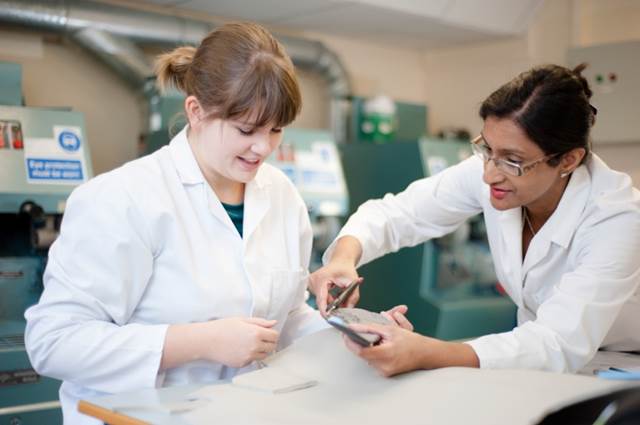




Meet A Podiatrist
I’m a Podiatrist and I…

Paul Fletcher
Podiatry Admissions Tutor
I can help with queries or information about the B.Sc. (HONS) degree or about Podiatry as a Career. I teach Anatomy and take students to perform Cadaver Dissections, I teach Podiatric Medicine, Pathology, and Clinical Studies. I have had a long career as a podiatrist with experience in most areas including Multi-disciplinary Diabetic teams, Sports injuries, Special Schools, and private practice. I am happy to help with anything regarding commencing our programme.
Email meClinic Tour
Take a tour of the podiatry clinic by watching our videos guide.

